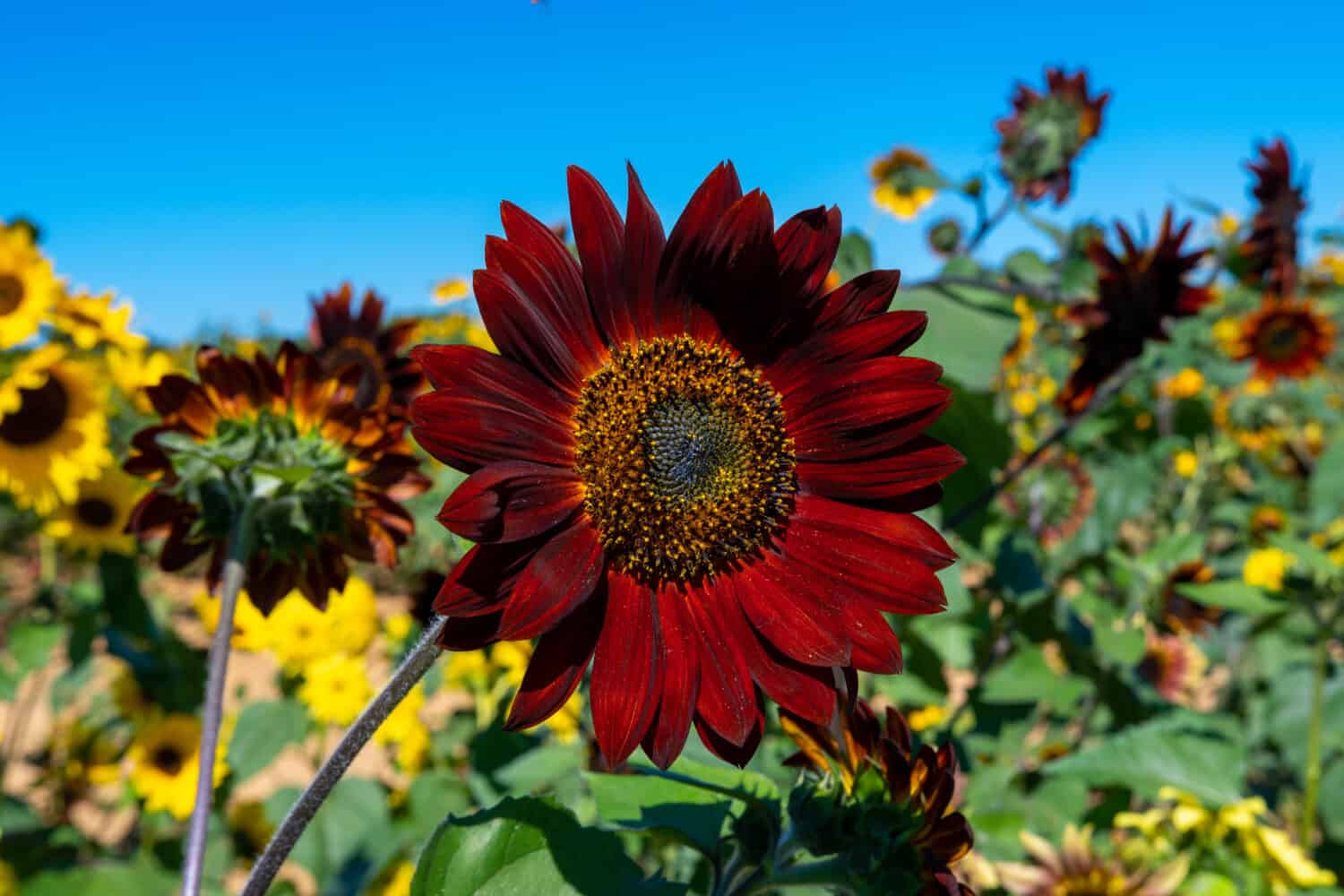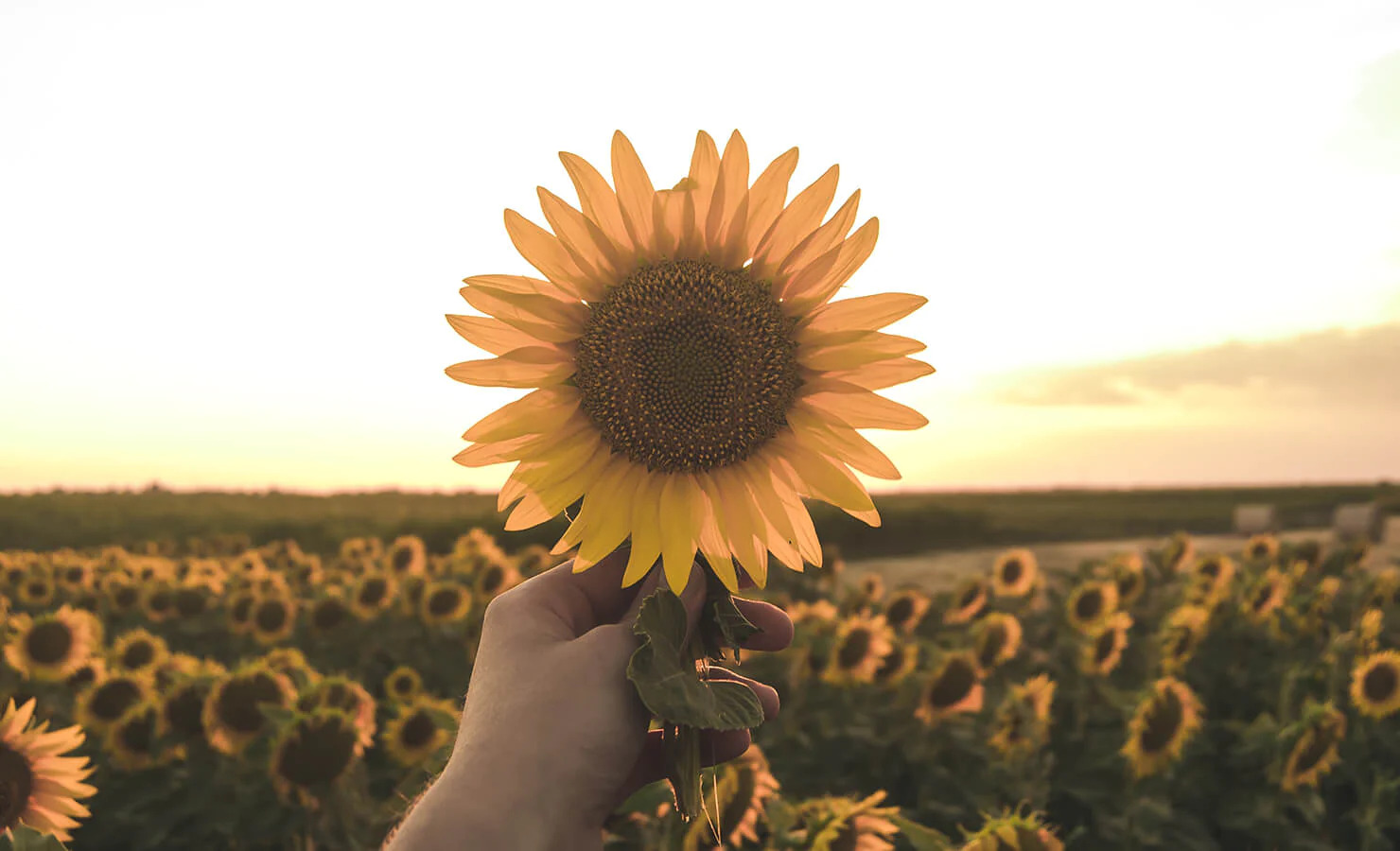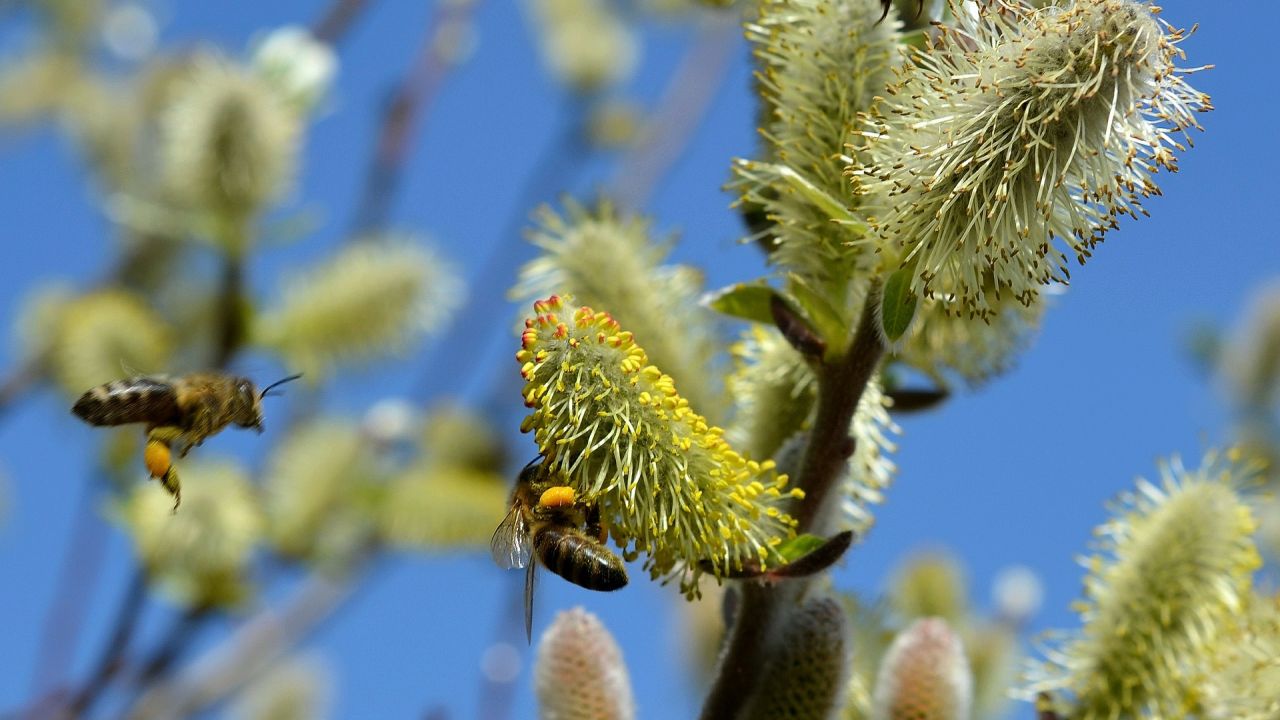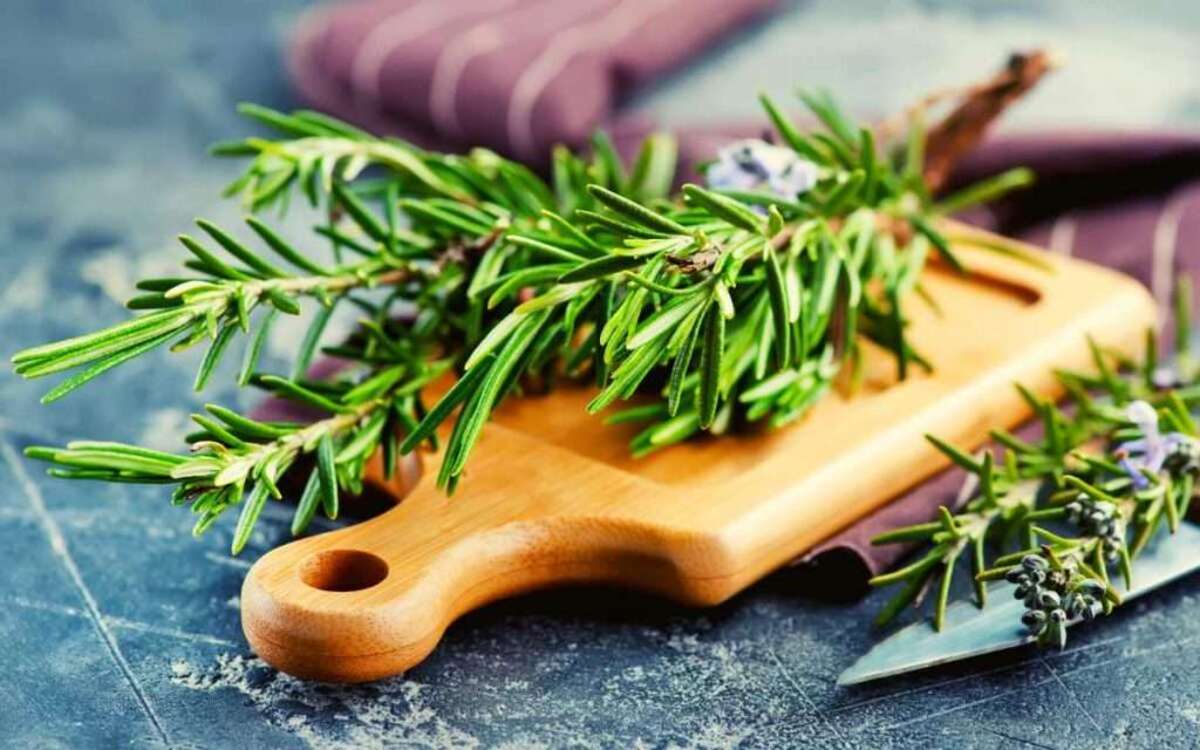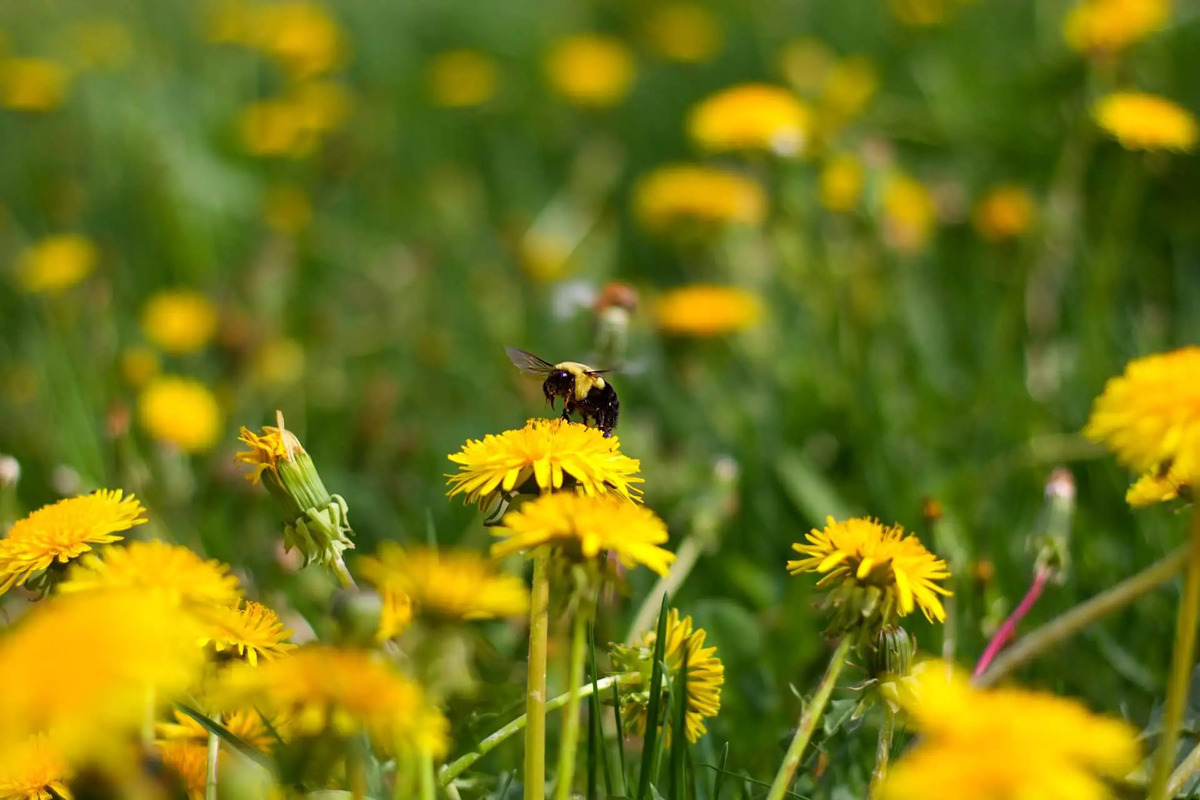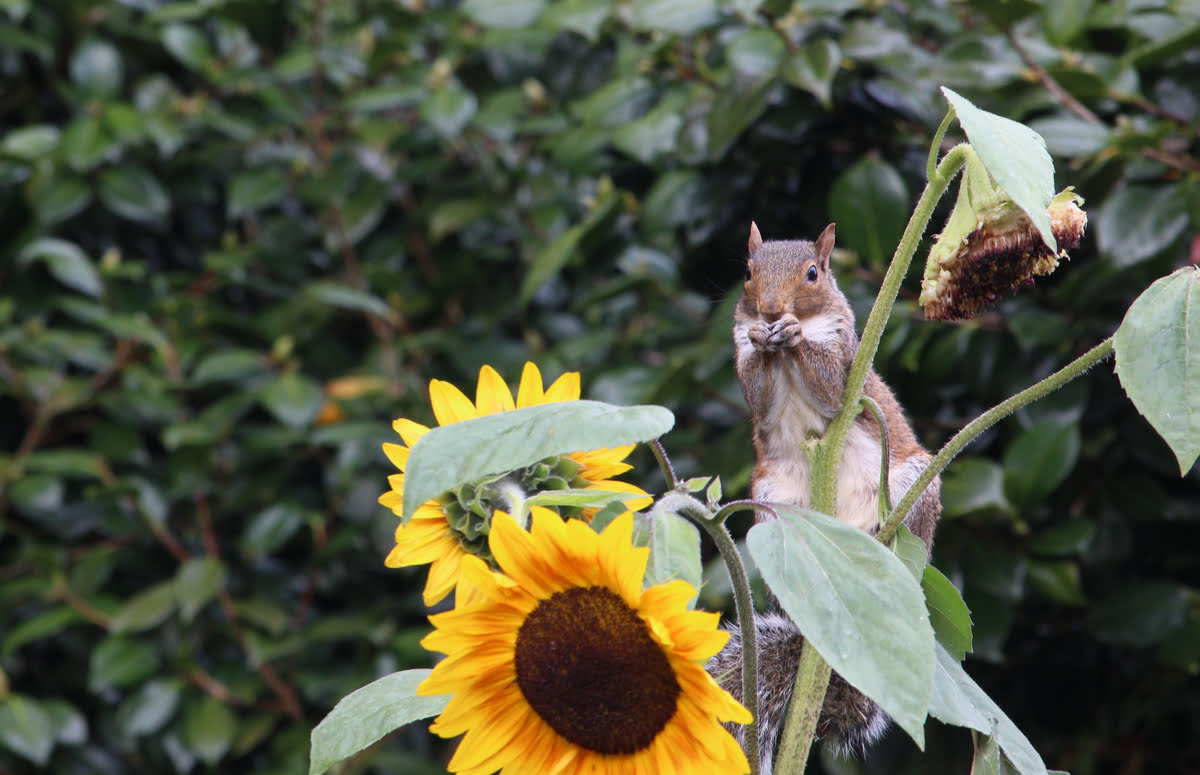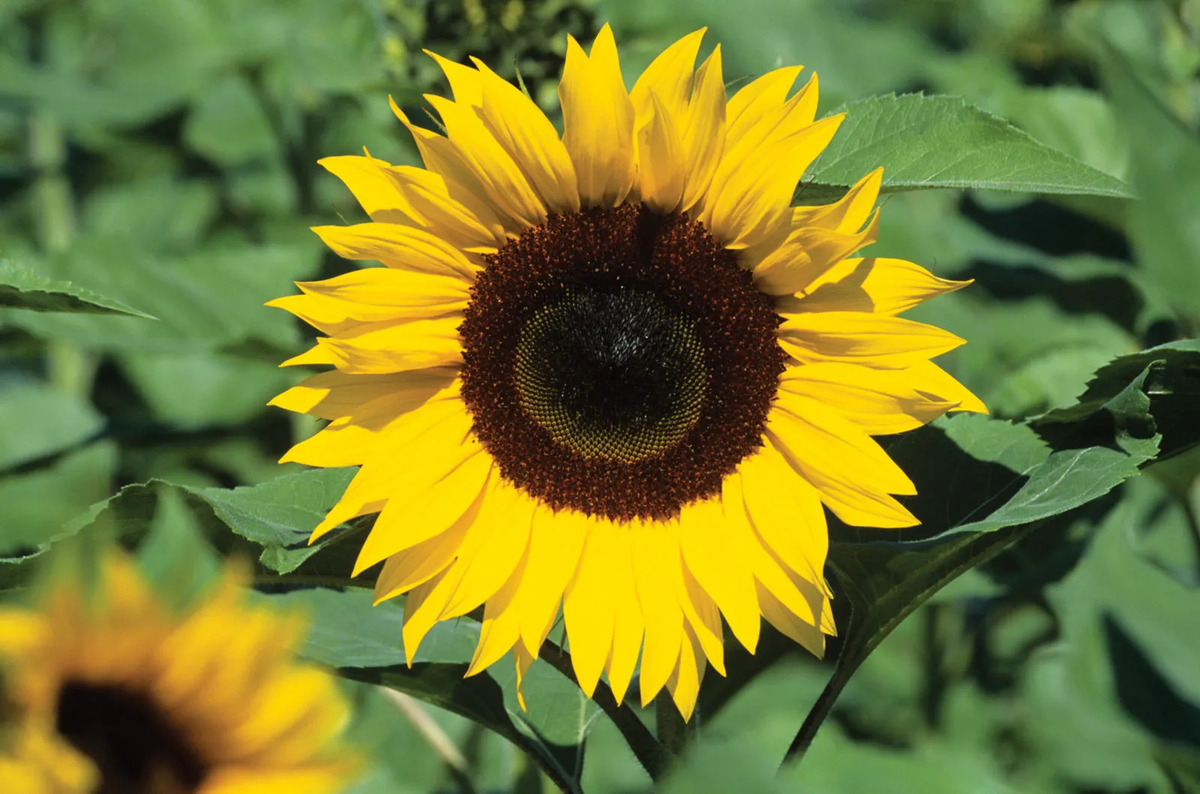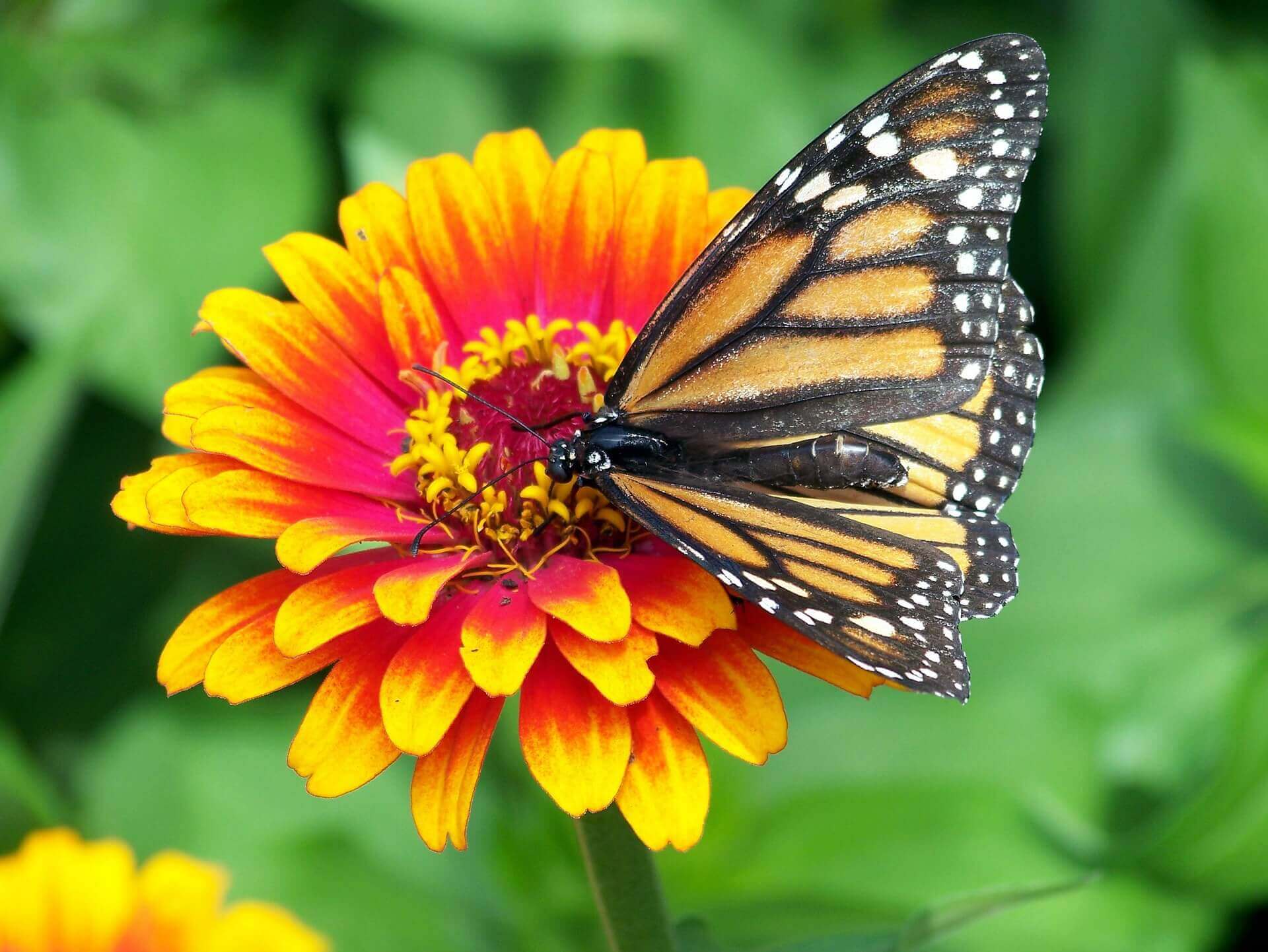Home>Types of Gardening>Ornamental Gardening>What Birds Like Sunflowers
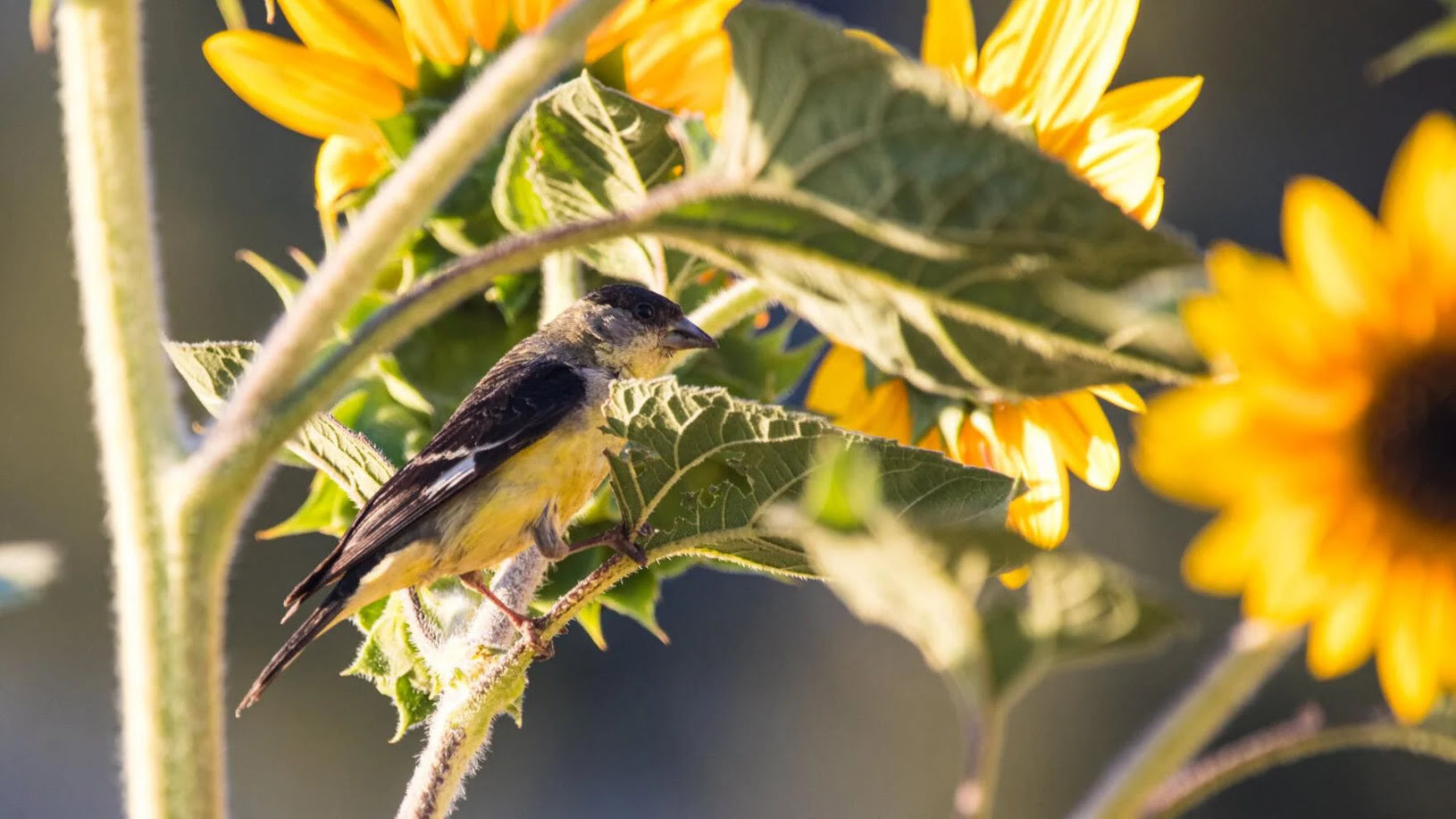

Ornamental Gardening
What Birds Like Sunflowers
Modified: January 22, 2024
Discover the appeal of sunflowers for ornamental gardening. Learn why birds are attracted to these beautiful blooms and how to incorporate them into your garden design.
(Many of the links in this article redirect to a specific reviewed product. Your purchase of these products through affiliate links helps to generate commission for Chicagolandgardening.com, at no extra cost. Learn more)
Table of Contents
Introduction
Ornamental gardening is not only a delightful pastime for many enthusiasts, but it also serves a vital purpose in creating a thriving ecosystem within our own backyard. One way to attract and support wildlife in our gardens is by incorporating sunflowers into our ornamental plantings. Sunflowers, with their vibrant colors and cheerful blooms, are not only visually appealing to humans but also play a crucial role in attracting various bird species.
For centuries, sunflowers have captivated people with their stunning beauty and versatility. These iconic flowers have become synonymous with warmth, happiness, and the beauty of nature. However, beyond their aesthetic appeal, sunflowers also provide a valuable food source for birds, making them an excellent addition to any ornamental garden.
In this article, we will explore the importance of sunflowers for birds and discover which types of birds are particularly fond of these magnificent flowers. We will also delve into the benefits that sunflowers offer to our feathered friends and discuss how we can attract birds to our gardens by incorporating sunflowers into our landscaping. So, get ready to dive into the wonderful world of ornamental gardening and discover the enchanting relationship between sunflowers and birds.
Importance of Sunflowers for Birds
Sunflowers play a vital role in providing food and shelter for birds, making them an essential component of a bird-friendly garden. These magnificent flowers produce an abundance of seeds that serve as an important source of nutrition for many bird species. The large, sturdy stalks of sunflowers also provide a safe and sturdy perch for birds to rest and observe their surroundings.
One of the primary reasons sunflowers are vital for birds is because of their seeds. The seed heads of sunflowers are packed with nutrient-rich seeds that are highly sought after by many birds. These seeds are an excellent source of protein, carbohydrates, and essential fats, which are essential for the survival and well-being of our avian friends.
Additionally, sunflowers attract a wide variety of bird species, which contributes to the biodiversity of our gardens. From tiny finches to colorful songbirds, sunflowers cater to the diverse dietary needs and preferences of different birds. By planting sunflowers in our gardens, we create a haven for birds, encouraging them to visit and establish their presence in our outdoor spaces.
Furthermore, sunflowers provide a natural food source for birds during different seasons. As the flowers bloom and produce seeds, birds can feast on them during the summer months and early fall. The seeds that are not consumed during this time can also provide a valuable food source during the colder months when other food options may be scarce. This ensures that birds have a consistent and reliable source of nutrition throughout the year.
Overall, the importance of sunflowers for birds cannot be overstated. These vibrant flowers not only add beauty to our gardens but also contribute to the well-being and survival of our feathered friends. By planting sunflowers, we create a sustainable ecosystem that supports the diverse bird population and brings us closer to nature.
Types of Birds that Like Sunflowers
Sunflowers attract a wide variety of bird species, each with their own unique characteristics and preferences. These flowers provide a rich food source that appeals to many birds, making them a favorite destination for feathery visitors. Let’s explore some of the common types of birds that are particularly attracted to sunflowers:
- American Goldfinches: These small, vibrant birds are easily spotted in sunflower patches. They have a special fondness for sunflower seeds and will eagerly perch on sunflower heads to feast on their nutritious seeds.
- House Finches: With their beautiful red plumage, house finches are a common sight in gardens. They are particularly attracted to sunflowers and will often gather in groups to feed on the seeds.
- Chickadees: These tiny, energetic birds are known for their acrobatic feeding habits. They enjoy clinging to sunflower heads and extracting the seeds with their agile beaks.
- Nuthatches: Nuthatches are known for their unique head-down feeding behavior. They will skillfully maneuver along the stalks of sunflowers, pecking at the seeds and extracting them from the seed heads.
- Cardinals: With their striking red plumage, cardinals are a popular bird among birdwatchers. While they primarily feed on the ground, cardinals will also visit sunflowers to enjoy the nutrient-rich seeds.
- Sparrows: Several sparrow species, such as the white-throated sparrow, are known to feed on sunflower seeds. These small birds appreciate the abundance of food that sunflowers provide and will often be seen hopping among the plants in search of seeds.
These are just a few examples of the many bird species that are attracted to sunflowers. The beauty of incorporating sunflowers into your garden is that you never know what kind of bird you might attract, as different regions have their own unique avian visitors. Whether it’s a colorful finch, a curious chickadee, or a majestic cardinal, sunflowers have a universal appeal that draws in a wide array of bird species for your enjoyment.
Benefits of Sunflowers for Birds
Sunflowers offer numerous benefits for birds, making them an invaluable addition to any ornamental garden. Let’s explore some of the key benefits that sunflowers provide for our feathered friends:
- Nutritional Value: Sunflower seeds are highly nutritious and rich in protein, carbohydrates, and healthy fats. Birds rely on these nutrients for energy, especially during demanding periods like breeding and migration. By providing a bountiful source of high-quality food, sunflowers help support the overall health and well-being of birds.
- A Source of Energy: Sunflower seeds are a concentrated source of energy. This is particularly important during colder months when food may be scarce. Birds can quickly replenish their energy reserves by consuming sunflower seeds, allowing them to maintain their stamina and survive adverse weather conditions.
- Feeding Variety: Sunflowers attract a diverse range of bird species, each with their own dietary preferences. This variety ensures that birds have access to a diverse diet, which is essential for their overall health and survival. By incorporating sunflowers into your garden, you create an enticing buffet that appeals to a wide array of birds.
- Nesting Material: Sunflower stalks and seed heads can provide excellent nesting material for birds. They can use the fibers and plant material to construct their nests, offering a safe and secure place for them to lay their eggs and raise their young. The dense foliage of sunflowers also provides coverage and protection against predators.
- Attracting Birds: Sunflowers act as natural magnets, attracting birds to your garden. The sight and scent of these vibrant flowers lure birds in, increasing the chances of birdwatching opportunities and creating a tranquil and lively outdoor space. The presence of birds also helps balance the ecosystem by controlling insect populations and spreading seeds.
- Enjoyment and Education: Observing birds in your garden can be a source of great joy and fascination. Sunflowers offer a front-row seat to witness the behaviors and interactions of various bird species. This interaction with nature can foster a deeper appreciation and understanding of the avian world, providing endless opportunities for learning and discovery.
By planting sunflowers, you not only enhance the aesthetic appeal of your garden but also provide vital resources for birds. The benefits of sunflowers extend beyond their beauty, offering nourishment, nesting materials, and a haven for avian activity. So, embrace the magic of sunflowers and witness the positive impact they have on our feathered friends.
How to Attract Birds to Sunflowers
If you want to create a bird-friendly garden and attract feathered visitors to your sunflowers, there are several key strategies you can employ. By following these tips, you can enhance the appeal of your sunflowers and create an inviting environment for birds:
- Choose the Right Sunflower Varieties: There are many different varieties of sunflowers available, each with unique characteristics. Opt for sunflower species that produce large, nutritious seeds, such as the Helianthus annuus variety. These types of sunflowers are especially attractive to birds.
- Plant in Clusters: Birds are more likely to be attracted to sunflowers when they are planted in dense clusters. This creates a visually appealing display and provides an abundant food source for birds. Aim for at least three to five sunflowers planted closely together.
- Provide Water Sources: Birds need access to fresh water for drinking and bathing. By incorporating a birdbath, a shallow fountain, or a small pond near your sunflowers, you can attract birds and provide an essential resource for them.
- Plant Companion Plants: To further enhance the attractiveness of your sunflowers, consider planting companion plants that also attract birds. Native flowering plants such as coneflowers, black-eyed Susans, and asters provide additional sources of nectar and seeds, attracting a wider variety of bird species to your garden.
- Offer Nesting Options: Birds are more likely to visit and stay in your garden if they can find suitable nesting spots. Provide birdhouses, nesting boxes, or dense shrubs and trees that offer shelter and nesting sites near your sunflowers.
- Protect from Predators: Birds are vulnerable to predators, so it’s important to create a safe environment in your garden. Install bird feeders and nesting boxes in locations where predators, such as cats, are less likely to access them. Additionally, avoid using harmful pesticides and chemicals that can harm birds and their food sources.
- Maintain a Clean Garden: Regularly clean and replenish bird feeders and water sources. Remove any fallen seeds or debris from the ground beneath your sunflowers to prevent the spread of diseases and attract a greater variety of bird species.
- Be Patient and Observant: Attracting birds to your sunflowers takes time and patience. Birds may take a while to discover your garden, especially if it is a new addition to their usual foraging spots. Be observant and prepare to enjoy the moments when birds finally discover and visit your sunflowers.
By implementing these strategies, you can create an enticing environment for birds and increase the chances of attracting a diverse range of species to your sunflowers. Remember to provide food, water, shelter, and a safe haven for birds, and enjoy the wondrous sights and sounds of these feathered visitors in your garden.
Conclusion
Sunflowers are not just beautiful additions to our ornamental gardens; they also play a vital role in attracting and supporting bird populations. The seeds of sunflowers provide a rich source of nutrition for birds, supplying them with essential nutrients and energy throughout the year. By planting sunflowers, we create a vibrant ecosystem that supports the biodiversity of bird species and contributes to the overall health of our natural environment.
From the cheerful American goldfinches and energetic chickadees to the colorful house finches and majestic cardinals, sunflowers attract a diverse array of bird species. These flowers provide a feast for birds and a source of enjoyment for birdwatchers. By observing the interactions of birds in our sunflower patches, we gain a deeper appreciation for the incredible diversity and beauty of our feathered friends.
To attract birds to our sunflowers, we can utilize strategies such as planting in clusters, providing water sources, planting companion plants, and offering nesting options. By creating a welcoming habitat, we can establish our gardens as a haven for birds to thrive and flourish.
Through the benefits of sunflowers, we have the opportunity to foster a deeper connection to nature. We can enjoy the sights and sounds of avian visitors, while also contributing to their well-being by providing a sustainable food source and nesting materials.
So, let’s embrace the magical and mutually beneficial relationship between sunflowers and birds. By incorporating these vibrant flowers into our ornamental gardens, we not only enhance the visual appeal of our outdoor spaces but also create a sanctuary that nourishes and supports the fascinating world of birds.
